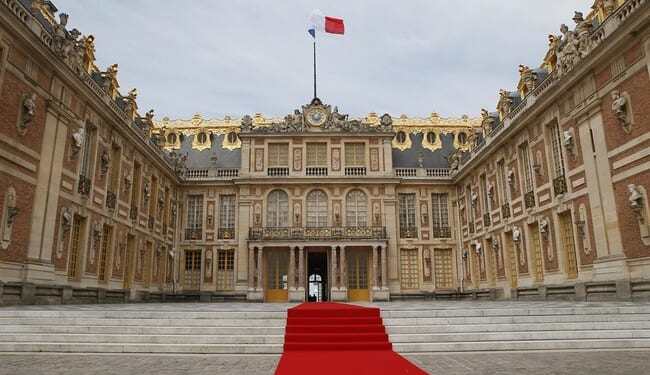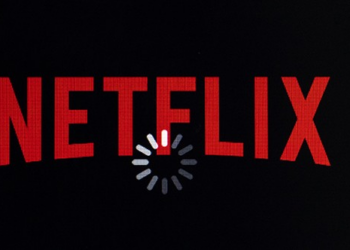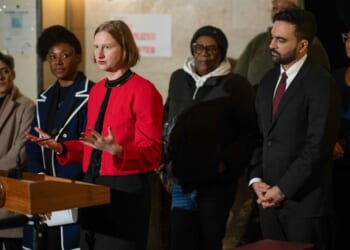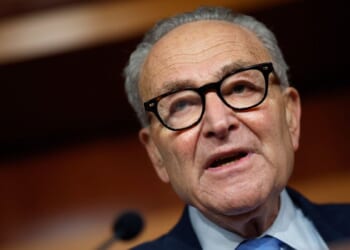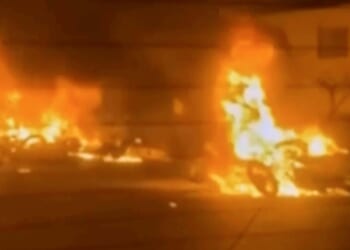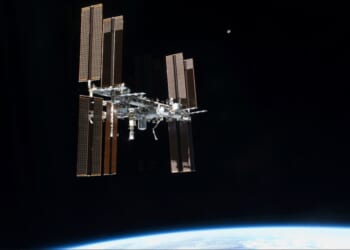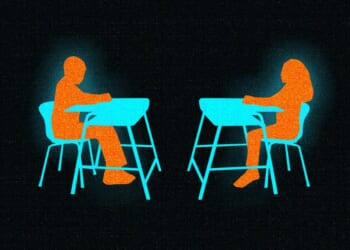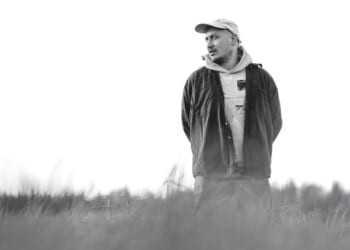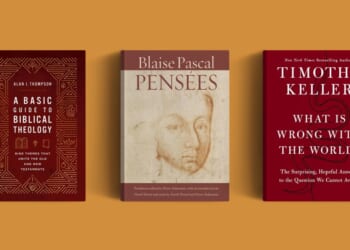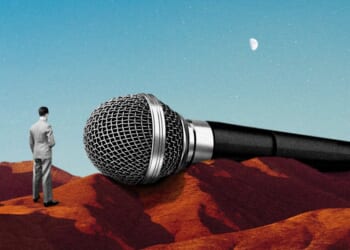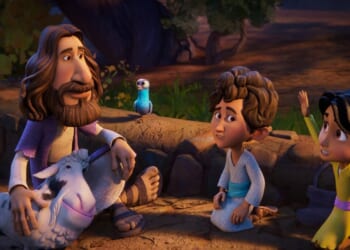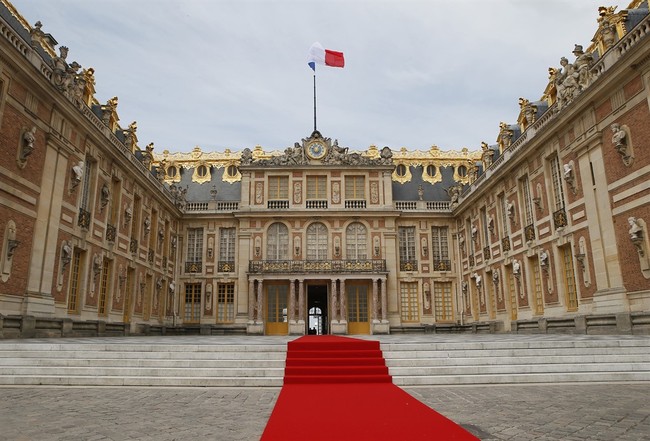
Throughout the eighteenth century, sparks of freedom flickered across a darkening Europe and a restless New World. They began as whispers — a pamphlet, a sermon, a drunken argument — and built toward the firestorm that would remake civilization.
In a Paris garret, a writer crouches over a candle stub, his ink freezing between strokes. He knows his words could bring the police to his door, so he writes under a false name, an act of rebellion disguised as humility. To question the crown or the Church is treason, yet he writes, because truth burns hotter than fear.
Across the ocean, in a tavern thick with pipe smoke and ale, young men argue over taxes and tea. Their hands are calloused, their speech rough, but their thoughts are aflame. They speak of rights and representation, of freedom as something owed to men who have sweated and bled to build their towns and ships. These men drink toasts to Britain, the empire they will soon defy, because Britain, at its best, had taught them to love liberty.
Meanwhile, in Paris, a baker tries to guard the loaves his family made through the night. The crowd outside grows hungry and desperate; to them, he is both neighbor and enemy, proof that someone has what they do not. They seize the bread, and he is left with empty shelves and terror.
And in Versailles, close in distance but far from that stomach-gnawing hunger, candlelight spills from chandeliers onto silk and gold. The nobility dance attendance on an aging king who keeps them close to dull their ambitions. They polish their manners and sharpen their gossip while the peasants starve on their estates. The rot is hidden under perfume, but it is there, spreading through the body of France.
So many fires smoldered in that century, some lit for truth, some for rage. And from the same tinder came two flames that would shape the modern world: Jean-Jacques Rousseau and François-Marie Arouet, better known as Voltaire. Both preached freedom, but the liberty they imagined was not the same. One saw salvation in tearing down the walls; the other saw it in strengthening their foundations.
The Worlds That Shaped Them
Rousseau and Voltaire were born less than 20 years apart. They breathed the same air of oppression, and yet drew from it opposite conclusions about what it meant to be free. The difference lay not only in their minds, but in the social worlds that made them.
Jean-Jacques Rousseau came into a world that had already turned its back on him. Born in Geneva in 1712, the son of a failed watchmaker, he grew up among artisans and small traders, men who worked hard and bent low before the rich. His mother died when he was an infant; his father fled the city after a brawl, leaving the boy adrift. Rousseau learned alienation early. He wandered from household to household, surviving by charm, flattery, and intellect, never quite belonging anywhere. Every encounter with authority left him bruised, and every kindness seemed conditional.
He lived in an age of hierarchy so rigid that one’s birth sealed one’s fate. The aristocrat might be foolish, corrupt, or cruel, but still command the obedience of men far wiser than himself. Rousseau, gifted yet unranked, grew to see civilization itself as a conspiracy of the strong against the weak, a system built to reward vice and punish virtue. To him, the natural man, unspoiled by society’s hypocrisies, was good, pure, and free. If man was now in chains, it was because the powerful had bound him.
When Rousseau wrote, “Man is born free, and everywhere he is in chains,” he was not making a metaphor. He was describing the only world he knew, one where truth and merit counted for nothing, and where law existed to protect privilege. His rebellion was not merely political; it was existential. He rejected civilization itself and dreamed of starting over, of tearing down the false structures that had corrupted mankind. He became the prophet of moral purity through destruction, a man who longed for innocence in a world that rewarded cunning.
Voltaire, born François-Marie Arouet in Paris in 1694 to a family of wealth and education, saw that same world through different eyes. He, too, tasted oppression: his wit earned him a prison cell in the Bastille and years of exile to Britain. But unlike Rousseau, he found freedom not in fantasy but in London. There, amid Parliament, newspapers, and coffeehouse debate, he discovered something almost miraculous, liberty under law.
In Britain, a man could mock the king and keep his head. He could write, publish, and argue without vanishing into a dungeon. The British had no perfect society, but they had discovered that freedom flourishes best when fenced by reason. When Voltaire returned to France, he brought that revelation home like a contraband treasure.
He saw that civilization was not the enemy, but the field in which reason might bear fruit. His famous closing line in Candide, “Let us cultivate our garden,” was not resignation but prescription. Tend what is yours. Build, improve, reform. The world may be absurd, but man’s task is to bring order to it through wit, work, and tolerance.
Where Rousseau looked backward to an imagined Eden, Voltaire looked forward to an achievable civilization. Rousseau longed to purify; Voltaire sought to enlighten. Rousseau distrusted the mind and exalted the heart; Voltaire distrusted passion and armed himself with irony. They stood as mirror images of the Enlightenment: one romantic, one rational; one preaching innocence, the other intelligence.
The soil from which they grew explains everything that followed. Rousseau came from the continent’s broken underclass, where men were ground down until they dreamed of starting the world anew. Voltaire came from its emerging bourgeoisie, where men had begun to taste the fruits of liberty and knew how fragile they were. Each was right in his own way: freedom was humanity’s birthright, and oppression its great corrupter. But they would fight over how to reclaim that freedom: Rousseau by burning down the edifice, Voltaire by repairing it.
Two Philosophies of Freedom
If Rousseau and Voltaire had met in a tavern, one imagines Rousseau declaiming about virtue and corruption, voice rising, eyes flashing; Voltaire would have smiled thinly over his wine and answered with a single cutting line that said more than Rousseau’s entire speech. They both longed for liberty, but what they meant by it could not have been further apart.
Rousseau: Freedom Through Purity
Rousseau believed that man is naturally good and that society poisons him. Civilization, with its hierarchies, property, and rules, was the root of evil. To reclaim freedom, man must cast off the corrupting refinements of the city and return to the moral simplicity of the natural state. He dreamed of a world reborn through the General Will, a moral unity so pure that every individual desire would melt into the common good. “Whoever refuses to obey the general will,” he wrote, “will be forced to be free.” It was a terrible paradox: liberty through coercion, equality through control.
Rousseau’s passion made him magnetic. His writing thundered. He saw the heart as wiser than the mind, and emotion as the truest guide. Yet passion unmoored from reason is a fire that consumes whatever it touches. His ideas eventually set Europe alight, but left only ashes behind.
Voltaire: Freedom Through Order
Voltaire was the opposite, sharp where Rousseau was sweeping, skeptical where Rousseau was certain. He distrusted utopias and grand emotional crusades. To him, the world was too complicated for purity; it needed balance, not zeal. He defended the right to speak, to believe, to question, daily liberties that make life tolerable. He mocked superstition and fanaticism, not because he was cruel, but because he saw them as the natural enemies of reason and peace. “Think for yourselves, and let others enjoy the privilege to do so too,” he wrote.
Voltaire’s common sense kept his idealism grounded. He knew that liberty must live inside limits, or it collapses into chaos. He taught that freedom is not found in the destruction of the world, but in the discipline of thought, in building a just order where conscience and law can coexist.
Anarchy and Order
The difference between them could be summed up in a single pair of words: anarchy and order. Rousseau distrusted all constraint and believed that the pure heart could guide itself. Voltaire understood that constraint, wisely applied, is the vessel that keeps liberty afloat. Rousseau’s fiery idealism led to the guillotine and, later, to ideologies that sought to perfect mankind by force. Voltaire’s cooler intellect shaped constitutional liberty, limited government, and freedom of thought.
Both were right to demand freedom for the masses, but their methods divided the modern age: Rousseau’s passion produced revolutions that devoured themselves; Voltaire’s reason built republics that endured.

